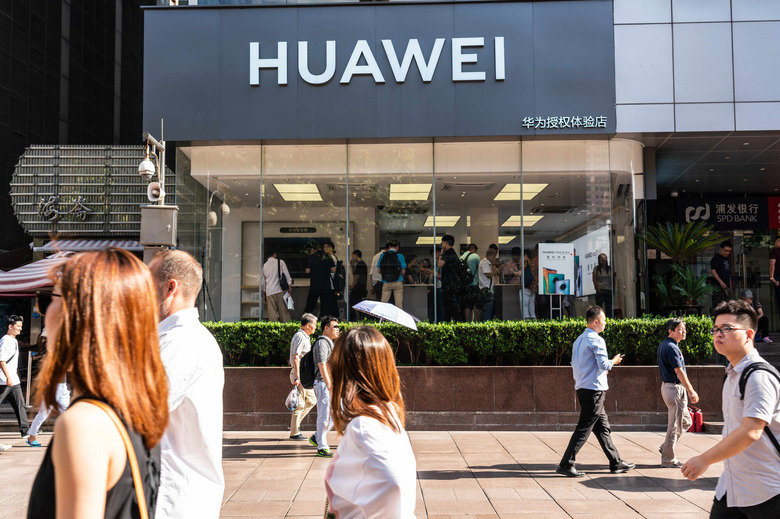Huawei May Have Eavesdropped On Dutch Mobile Network's Calls
The US has long claimed that Huawei uses its phones and cellular network infrastructure components to spy on behalf of the Chinese government. Huawei stopped inking deals with US carriers as a result, and the government banned the Chinese giant in mid-2019 from working with any company employing American-made technology.
The move crippled Huawei's ability to compete in the mobile industry in the past few years. On top of that, the US lobbied against the use of 5G equipment made by Huawei, urging allies to look at alternative solutions for the emerging 5G networks. Huawei has long opposed the accusations that it can spy on users with its hardware, pointing to its numerous partnerships with various carriers worldwide.
The topic has resurfaced this week as a new report on Huawei's spying abilities came to light. The Chinese smartphone vendor may have eavesdropped on a Dutch mobile network's calls more than a decade ago.
Dutch newspaper De Volkskrant (via The Guardian) saw a confidential report that Capgemini made for local carrier KPN in 2010. The consultancy firm concluded that Huawei could have been monitoring the calls of KPN's 6.5 million users without KPN's knowledge.
Huawei staff in the Netherlands and China could have monitored calls in the country, including calls that then prime minister Jan Peter Balkenende might have made at the time. Chinese dissidents' conversations might also have been monitored.
KPN said on Monday that it had "never observed that Huawei took client information" and that none of its suppliers had "unauthorized, uncontrolled or unlimited access to our networks and systems." The carrier acknowledged the Capgemini report.
"We have never been accused by government bodies of acting in an unauthorized way," Huawei said, rejecting claims that it could have eavesdropped on KPN customers.
The Guardian explains that KPN commissioned the report after Dutch intelligence agency AIVD warned of possible espionage. KPN started using Huawei technology only in 2009.
The security report said that Huawei could access numbers that were tapped by Dutch security services. Capgemini said that the findings put "the continued existence of KPN Mobile in serious danger," adding that users "may lose confidence... if it becomes known the Chinese government can monitor KPN mobile numbers."
Despite the findings, KPN continued to award 3G and 4G contracts to Huawei. It never made public the Capgemini report. The carrier chose Ericsson for its 5G rollout last year, however. The Dutch government recommended more robust vetting of telecoms equipment providers in July 2019, but it did not ban Huawei.
The Guardian also notes that despite the US warnings, the attitude towards Huawei remains split in Europe. The Chinese giant won 47 5G contracts in Europe last year, of the total 91 5G contracts worldwide.
